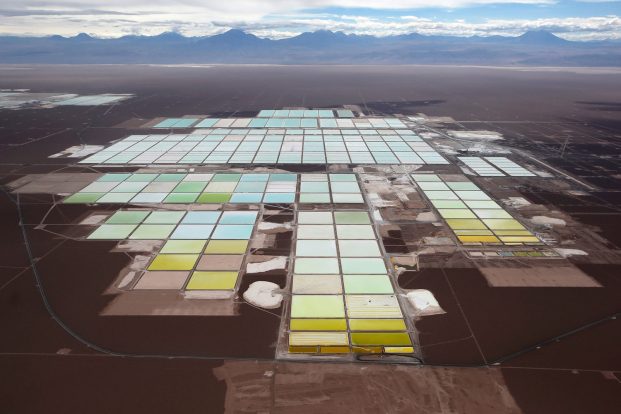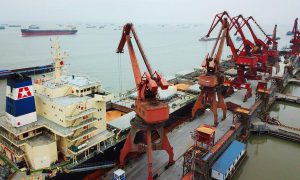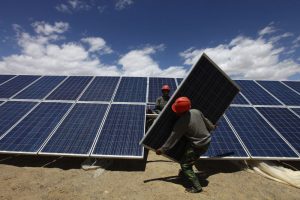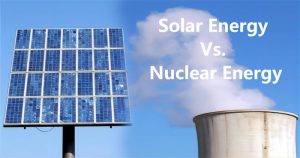(ATF) Beleaguered Australian lithium miners showed the first signs of optimism in nearly three years this week, boosted by a recovery in electric vehicle (EV) demand led by China.
Record sales and an influx of customer inquiries suggest that the Australian sector – accounting for about half of the world’s lithium supply – might be headed for a boom. Producers are now watching for market signals to restart production halted when prices were low, they said.
Australia-based Pilbara Minerals and Galaxy Resources reported record shipments for the three months ended December 31 because of high demand and cited rising prices in China.
Pilbara said the trend has continued into 2021, adding that it expects lithium spodumene concentrate’s prices will rally in the second half. The lithium ore is a key ingredient in EV batteries.
Galaxy said it was sold out of spodumene for the quarter and would wait before agreeing on the pricing for the next three months because it expected prices would continue to climb. Spodumene prices ticked up this month to $430 per tonne from as low as $380 late last year, but still far off the $980 price recorded in early 2018.
REBOUND FROM PANDEMIC
Investors have been banking on a recovery in demand since China began boosting EV production in the second half of 2020. China’s automotive industry rebounded swiftly in the latter half of last year from the Covid-19 downturn, while EV sales in Europe rose to meet new emissions targets.
As well as boosting lithium demand, the battery boom has benefited suppliers of other battery-related raw materials.
“Nickel is a key raw material in the production of nickel-hydrogen and lithium-ion batteries, and fuel cells for new energy vehicles,” said Jamie Wang, a Nomura analyst in Hong Kong.
The demand has prompted deals in China such as a partnership between Silkroad Nickel and Ganfeng Lithium. Ganfeng will enter a 10-year nickel ore offtake contract with Silkroad for at least 1 million tonnes a year.
Perth-based Lithium Australia forecast 500% growth by 2030 in lithium ferro-phosphate battery types, which would reduce global battery demand for nickel and cobalt.
With reporting by Reuters
























